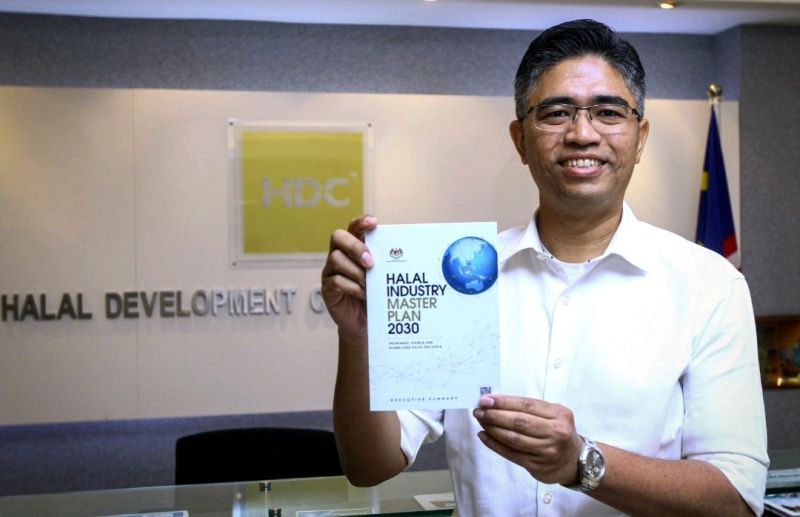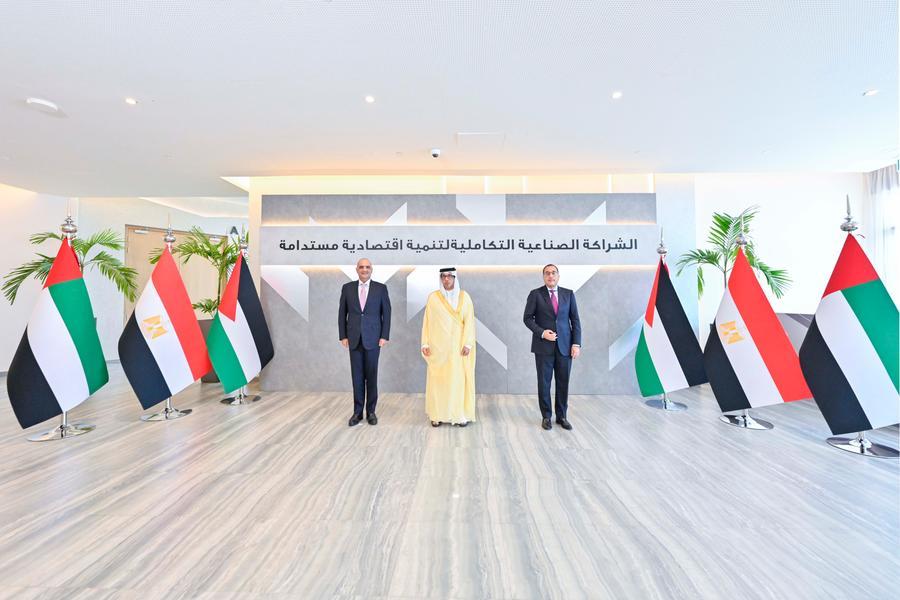Business Times
GATEWAY TO EUROPE: It now eyes Tunisia or Algeria as distribution centre for halal products
Halal Industry Development Corporation Sdn Bhd (HDC) may shelve its plans to make Egypt its distribution centre in Europe for
Malaysian-made halal products following the country’s political turmoil.
“What’s going on in Egypt is unfortunate and it has definitely put our plans on hold,” chief executive officer Datuk Seri Jamil Bidin told Business Times.
“We are looking at other options and these include Tunisia and Algeria, as recommended by the Islamic Development Bank. Either of those countries could also be our gateway to Europe.”
He stressed that the initial plan of making Dubai the distribution centre for its halal products in the Middle East and northern Africa is still in the pipeline and should bear fruit by end-2015.
“We would like to invite the Dubai committee to visit Malaysia and witness how our halal products industry has progressed here.”
Jamil noted that what is halting the process is the ironing out of the kinks in regulations, taxation and duties between the two trading partners as Dubai is already strong in trade
infrastructure.
“For Malaysia, we would like to have some special arrangements, such as giving Malaysian products some kind of green lane to facilitate entry into Dubai.
We would also like to feature our food products, especially cocoa-based products and confectionery, and also more halal
palm-oil based ingredients that can be used to develop more products.”
That being said, Jamil stressed that HDC is planning to leverage on existing incentives in Dubai.
“The ‘wish list’ is not finalised as we need to understand their regulations and because if we want something, we want to ensure that it could be given.”
He is confident that this could be achieved by end-2015.
Locally-made halal products contributed RM32.8 billion, or 4.6 per cent, to the total RM702.9 billion national exports last year and the global value for trade of halal food and nonfood
products is estimated at US$2.1 trillion (RM6.83 trillion) annually, according to Penang Halal Hub International.



